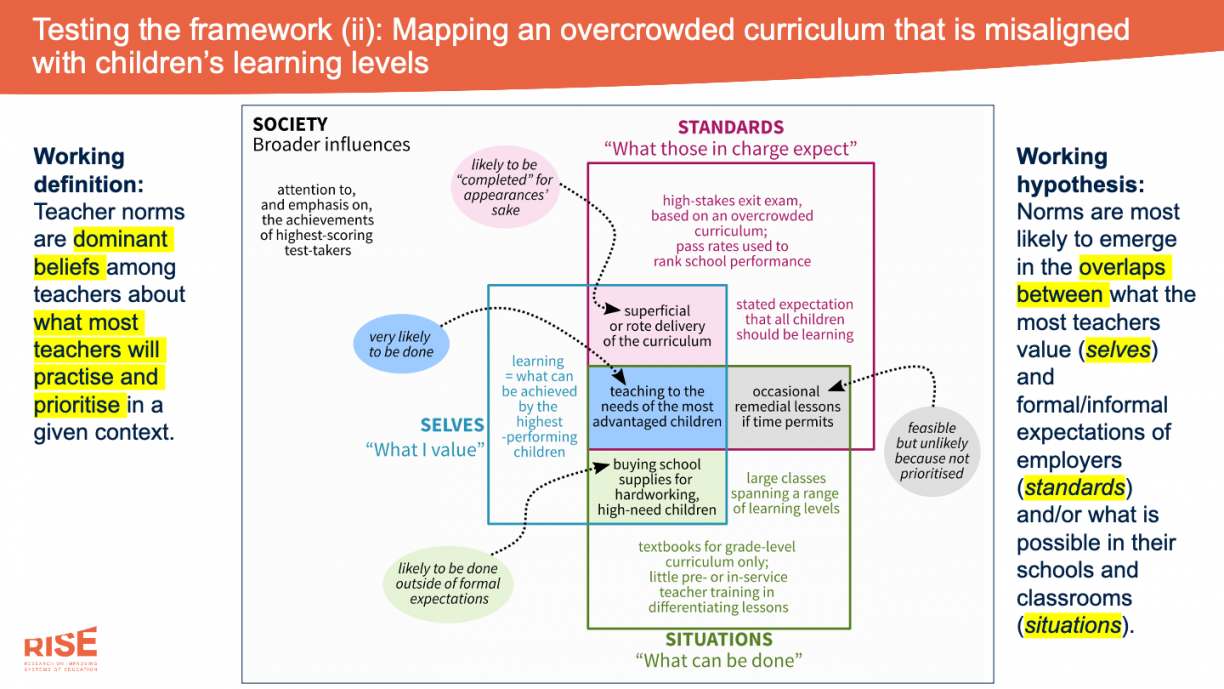Yue-Yi Hwa
Blavatnik School of Government, University of Oxford
Blog
At CIES 2022 in Minneapolis, RISE researchers and colleagues explored the complexities of teaching and teacher practice in a two-part hybrid panel on 21 April examining classroom practice across contexts and perspectives of being and becoming a teacher.
This panel was chaired by Joan DeJaeghere (RISE Vietnam), and co-organised by Joan and Yue-Yi Hwa (RISE Directorate). Each part of the panel included four presentations followed by discussant remarks from Frances Vavrus (University of Minnesota; ILO/UNESCO Committee of Experts on the Application of the Recommendations concerning Teaching Personnel) and an open Q&A session.
In bringing together these different presentations, we aimed to engage with the multi-scalar influences on teachers and teaching. We also hoped to consider the theoretical and methodological pluralism that is needed to understand the role of teachers and teaching within the larger educational system. These presentations included examining teachers and teaching with diverse methods as well as different theoretical positionings of teacher development and practice.

RISE blog posts and podcasts reflect the views of the authors and do not necessarily represent the views of the organisation or our funders.